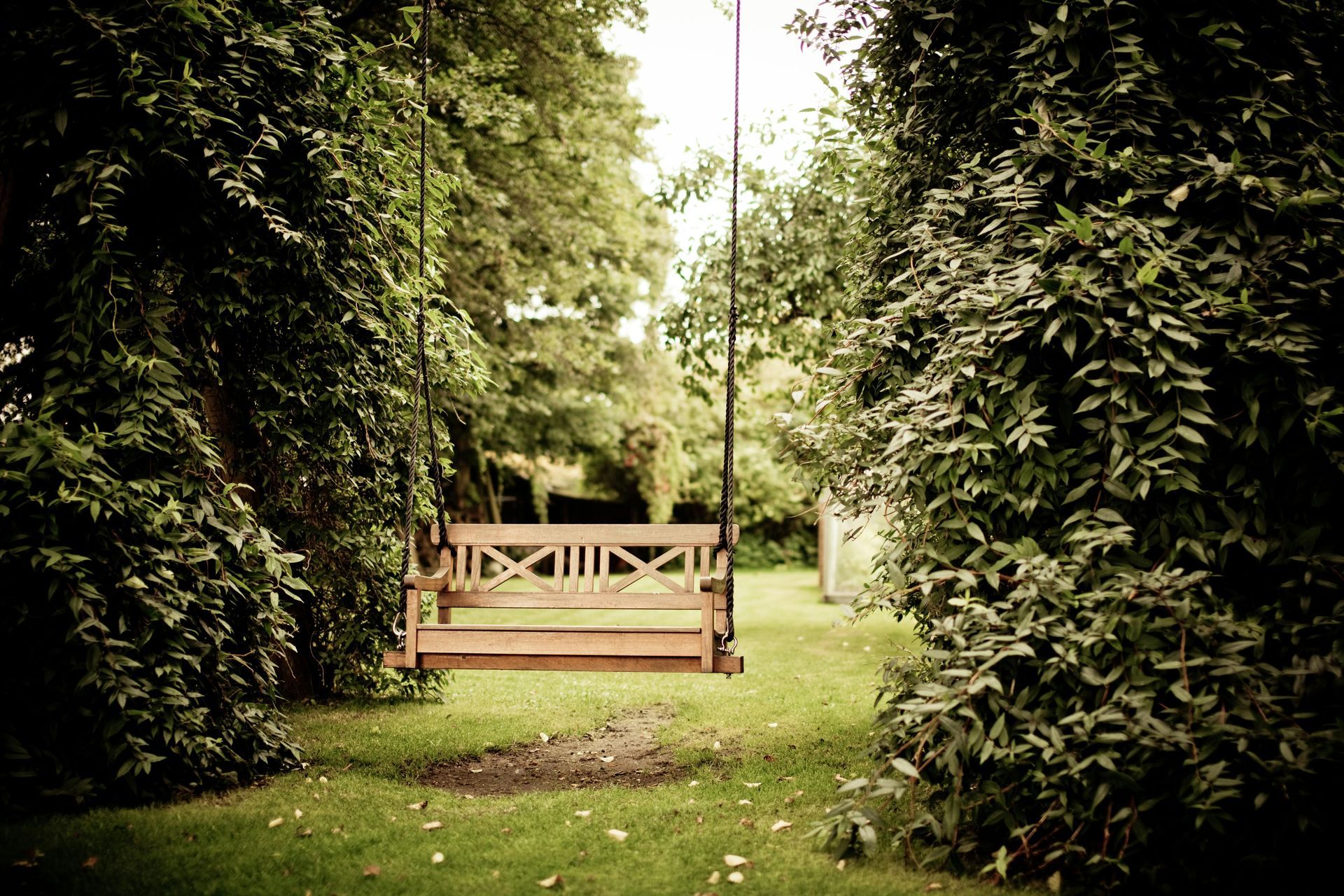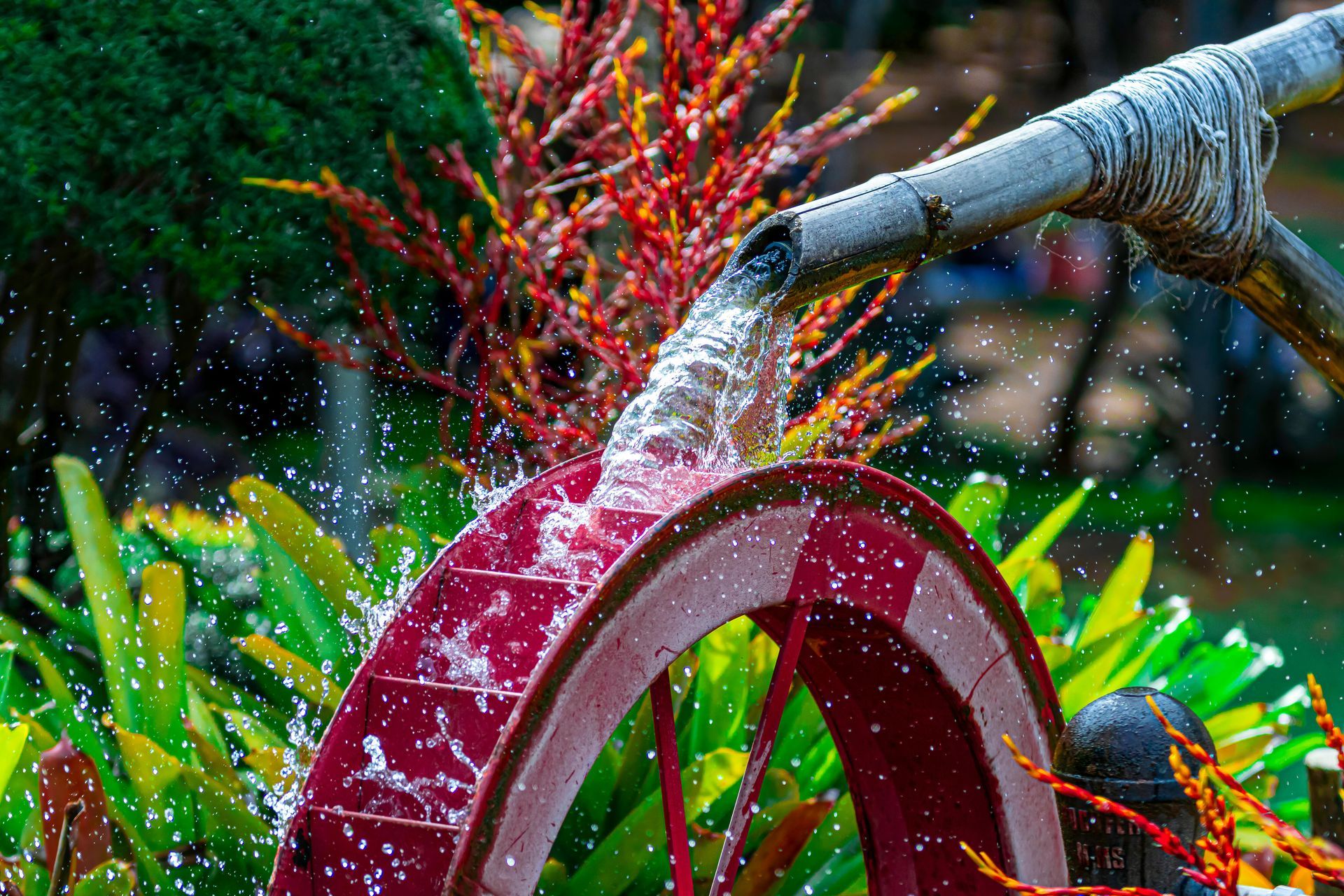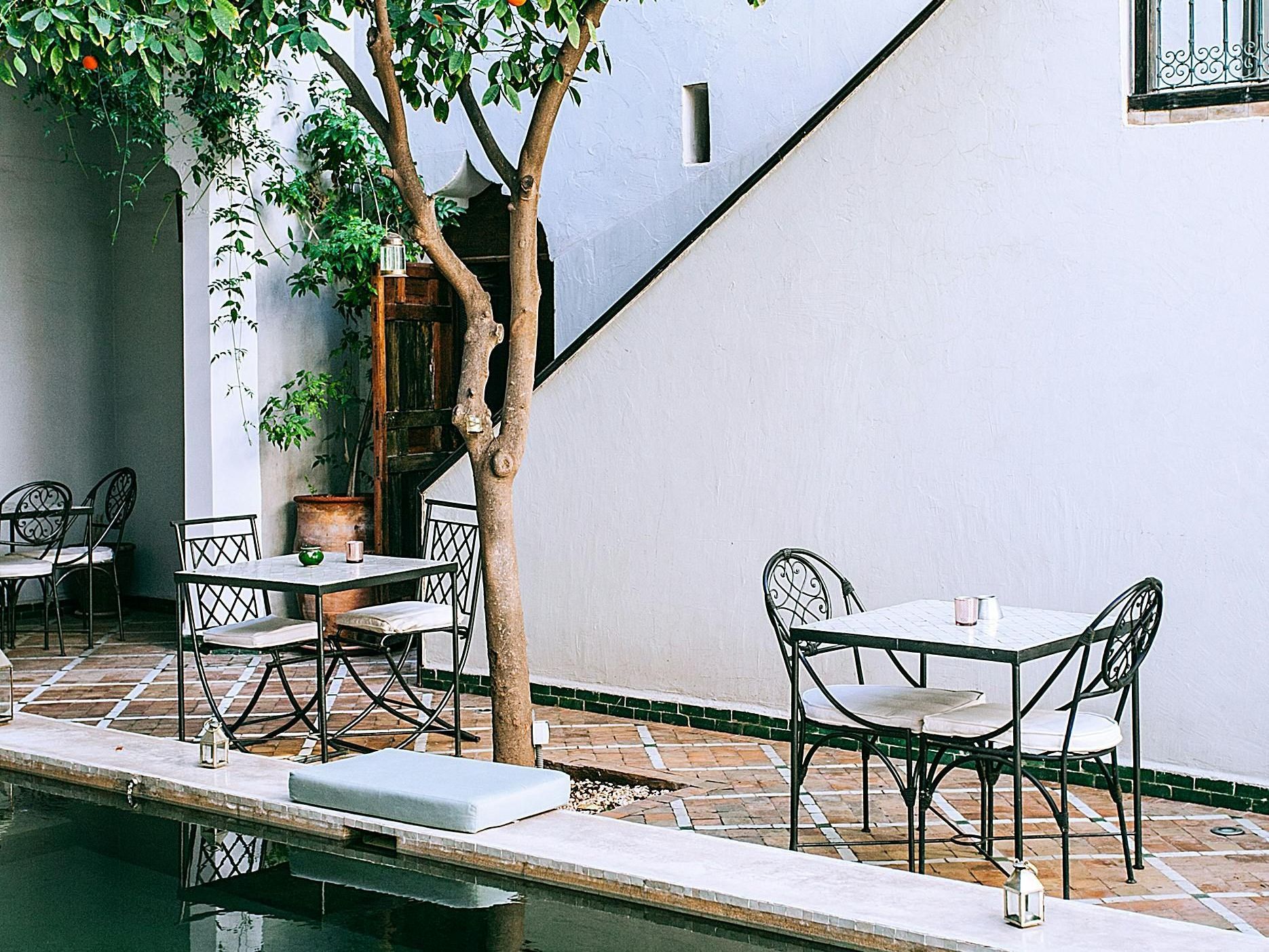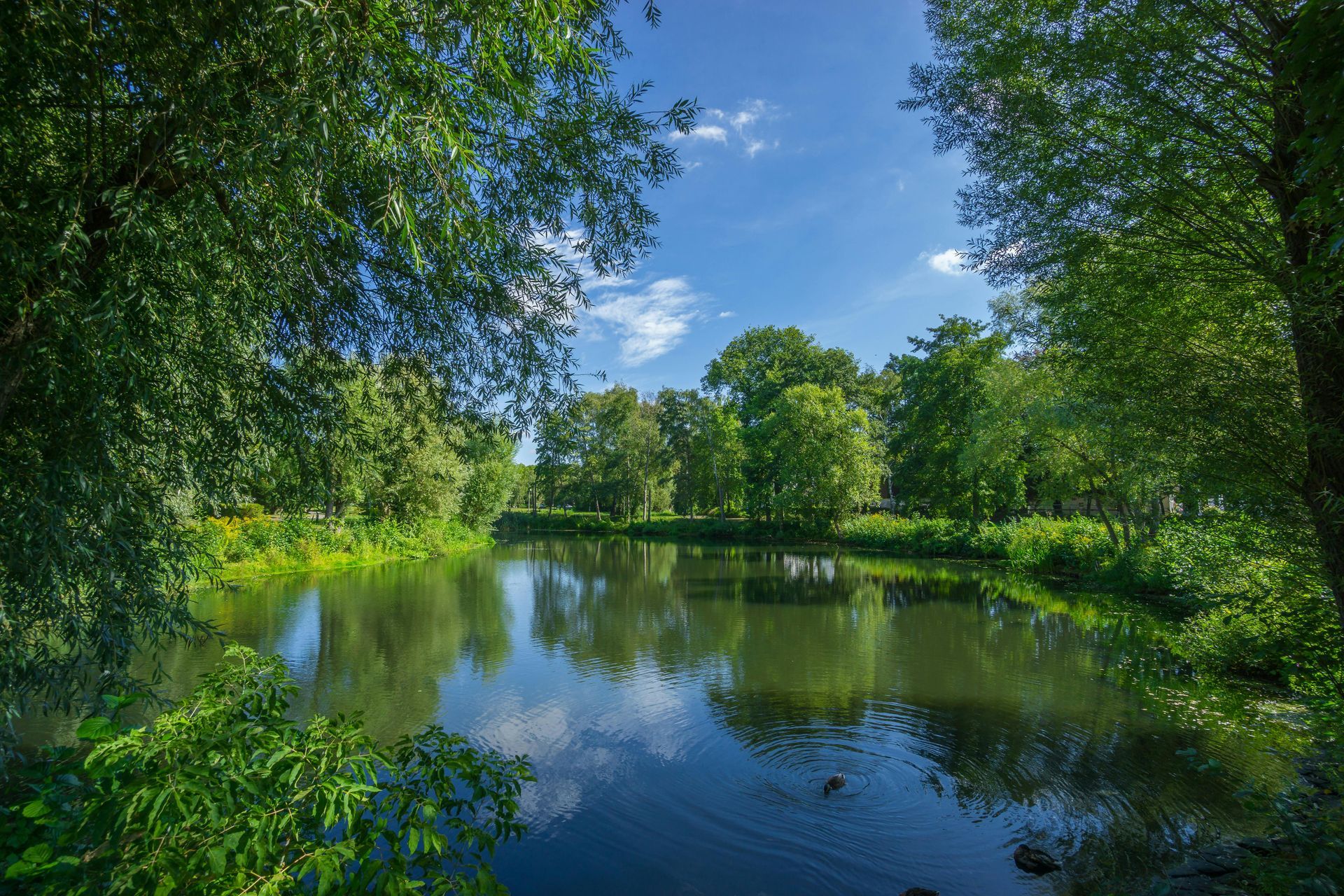Are you an ecologist?
Are you an ecologist looking to partner with a designer that is sympathetic to your needs and requirements
Are you fed up with your recommendation not being listen to ?. Are you looking for a designer that understands your needs and will create a landscape scheme fit for purpose?
Ely BNG Garden
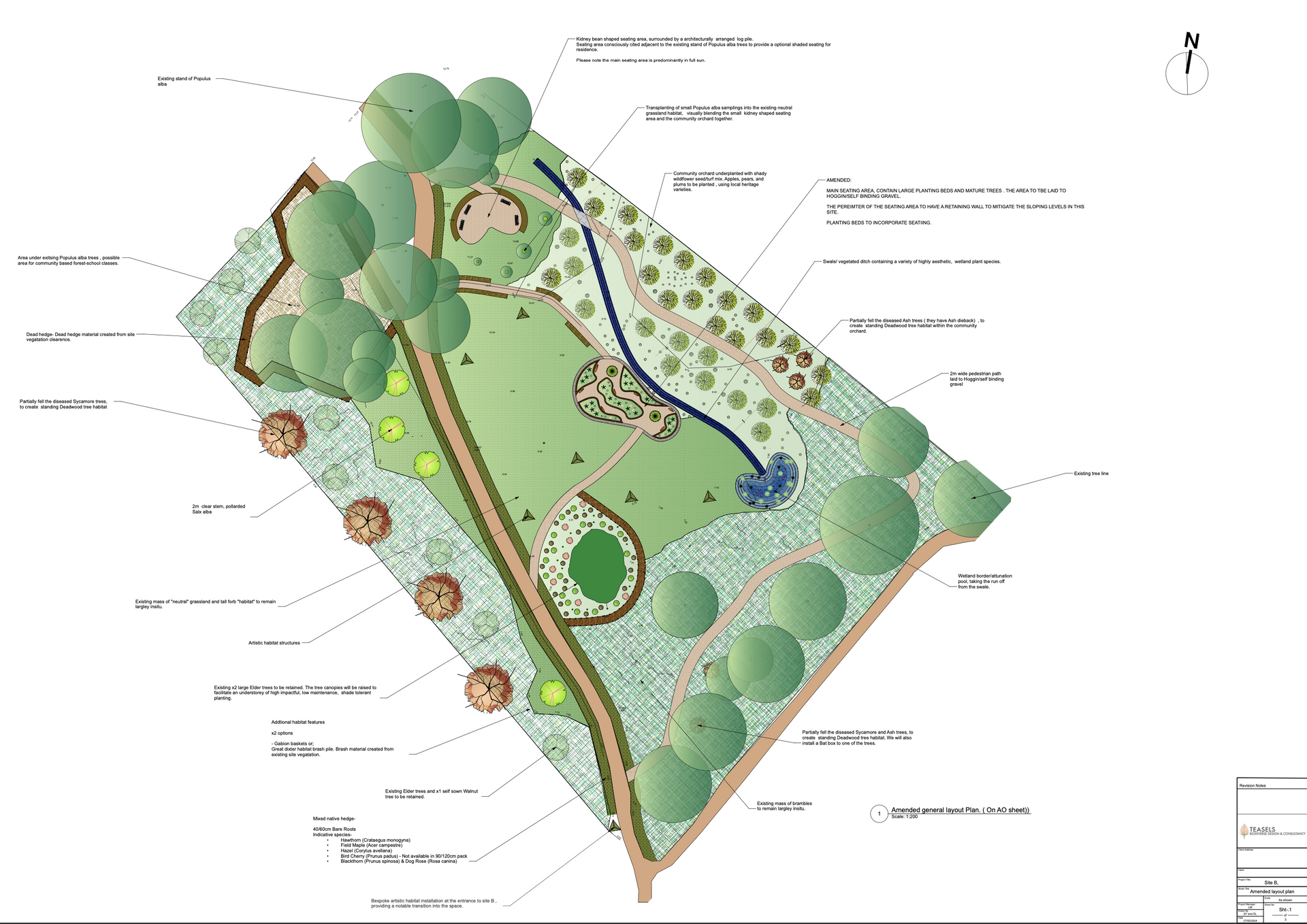
The brief...
The commercial client aimed to meet the Biodiversity Net Gain (BNG) planning condition for this site but was unable to achieve the required BNG uplift within the main development area. Our scheme needed to serve as a functional garden for residents while also meeting BNG requirements. The client sought a high-quality garden to enhance the rental income from residents and, in turn, increase the overall value of their asset
The vision...
For our commercial client, we achieved a 10% Biodiversity Net Gain (BNG) uplift using the statutory metric, enabling the development of this 70-unit project. On a sensitive County Wildlife Site, we retained the existing neutral woodland, incorporated neutral grassland, enhanced the existing scrub to a moderate condition, and planted a range of medium-sized native specimen trees
Calcareous wildflower Meadow
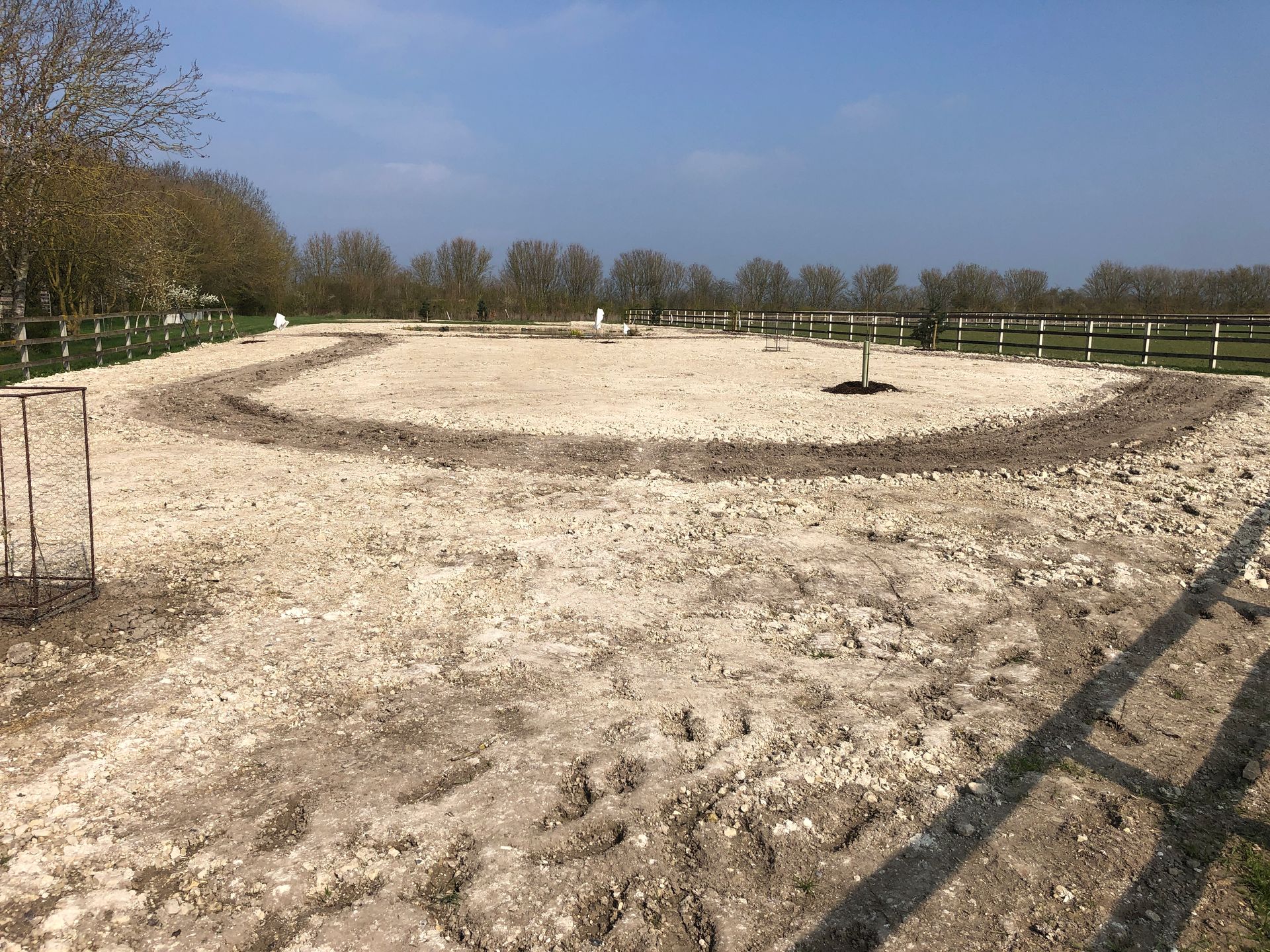
The brief...
To transform a barren paddock field into a biodiverse space with minimal input, we utilised UK-native wildflower species, creating a habitat that supports local ecology.
The vision...
Utilising the excavated chalk from the pond, we inverted the soil profile and sowed a calcareous seed mix directly into the chalk. The wildflower meadow was enriched with a variety of seven orchid species. By using the chalk, we achieved slower growth, which, in turn, significantly increased the net gain for biodiversity.
Hibernaculum
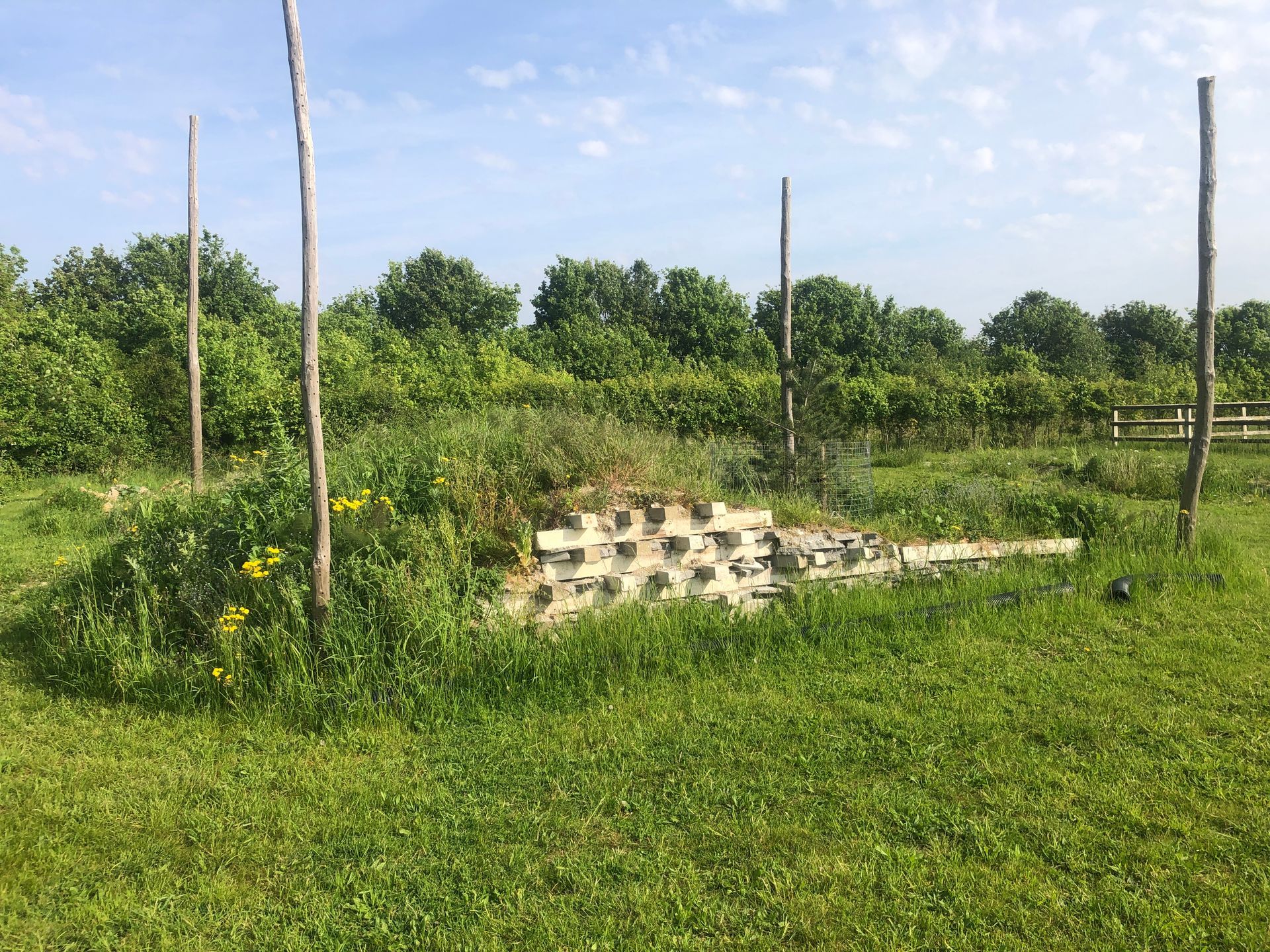
The brief...
The hibernaculum is designed to provide vital shelter for a diverse range of creatures. Amphibians, such as frogs, toads, and newts, often utilise these structures to escape extreme weather conditions, ensuring their survival during both hot summers and harsh winters. Reptiles, including species like grass snakes and slow worms, also find refuge in hibernacula, particularly during colder months when they need a safe place to hibernate.
Insects, such as solitary bees, beetles, and other pollinators, benefit from the hibernaculum as a secure space to overwinter. Additionally, its sunny aspects provide a resting spot for these species when active. Occasionally, small mammals, such as mice or shrews, may also take advantage of the protected environment within the hibernaculum, using it as a temporary shelter.
By offering a stable, secure habitat, the hibernaculum plays a crucial role in supporting biodiversity and enhancing the local ecosystem.
The vision...
For our commercial client, we achieved a 10% Biodiversity Net Gain (BNG) uplift using the statutory metric, enabling the development of this 70-unit project. On a sensitive County Wildlife Site, we retained the existing neutral woodland, incorporated neutral grassland, enhanced the existing scrub to a moderate condition, and planted a range of medium-sized native specimen trees.
Open Mosaic habiat
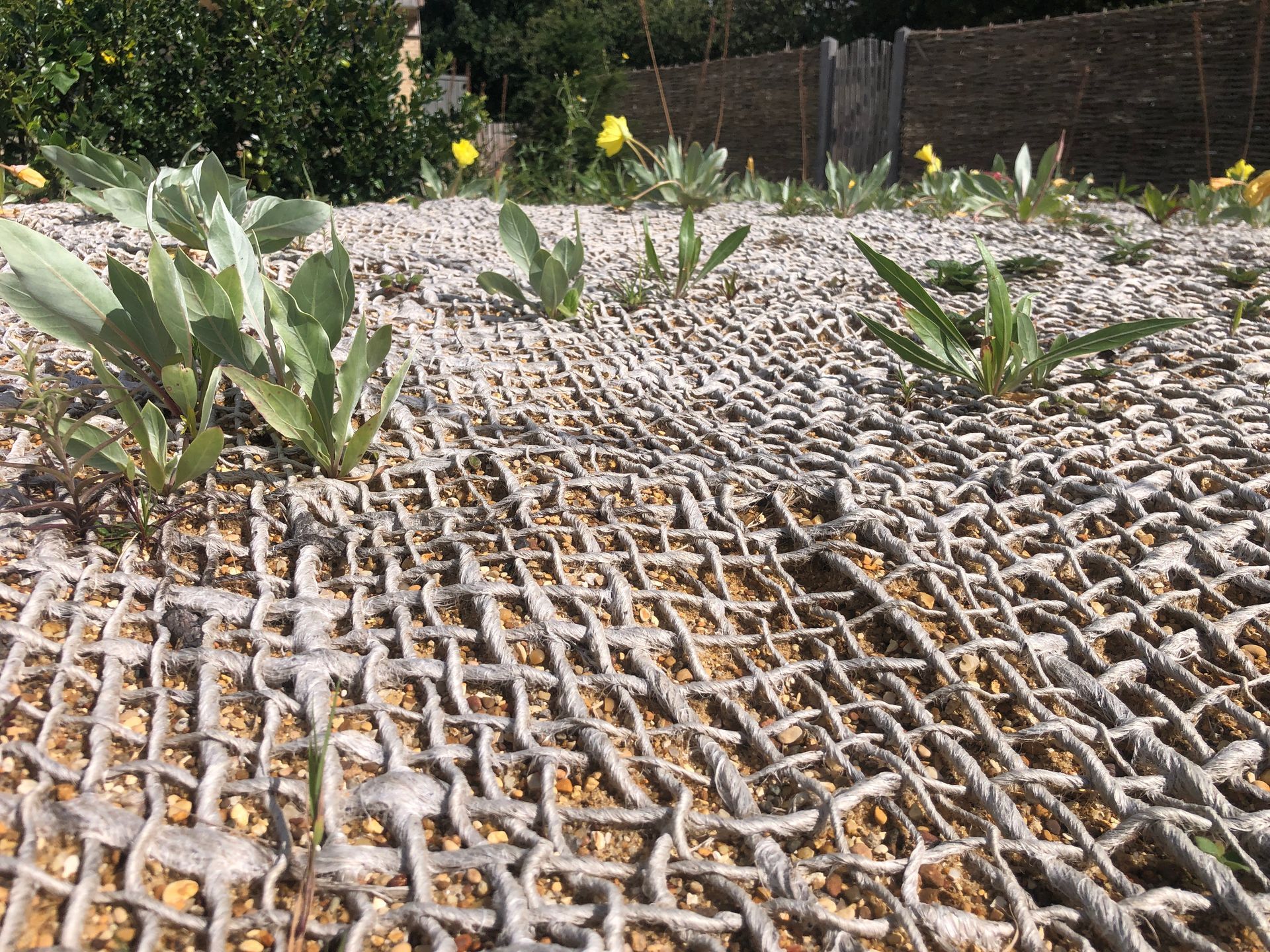
The brief...
The client sought an aesthetically pleasing meadow that required low maintenance while utilising waste and recycled materials to reduce the carbon footprint. Additionally, they wanted to create a habitat specifically tailored to support ground-nesting invertebrates and to increase the nectar resources available late into the summer and early autumn.
The vision...
Utilising 140 tonnes of crushed concrete and a 10cm layer of sharp sand, we established brownfield garden conditions. A wildflower seed mix was sown directly into the sand. By varying the depth of the substrate beneath the sand, we created an open mosaic of diverse growing conditions, which in turn supports a wide range of plant communities and enhances biodiversity.
Cornflower annual meadow Cambridge
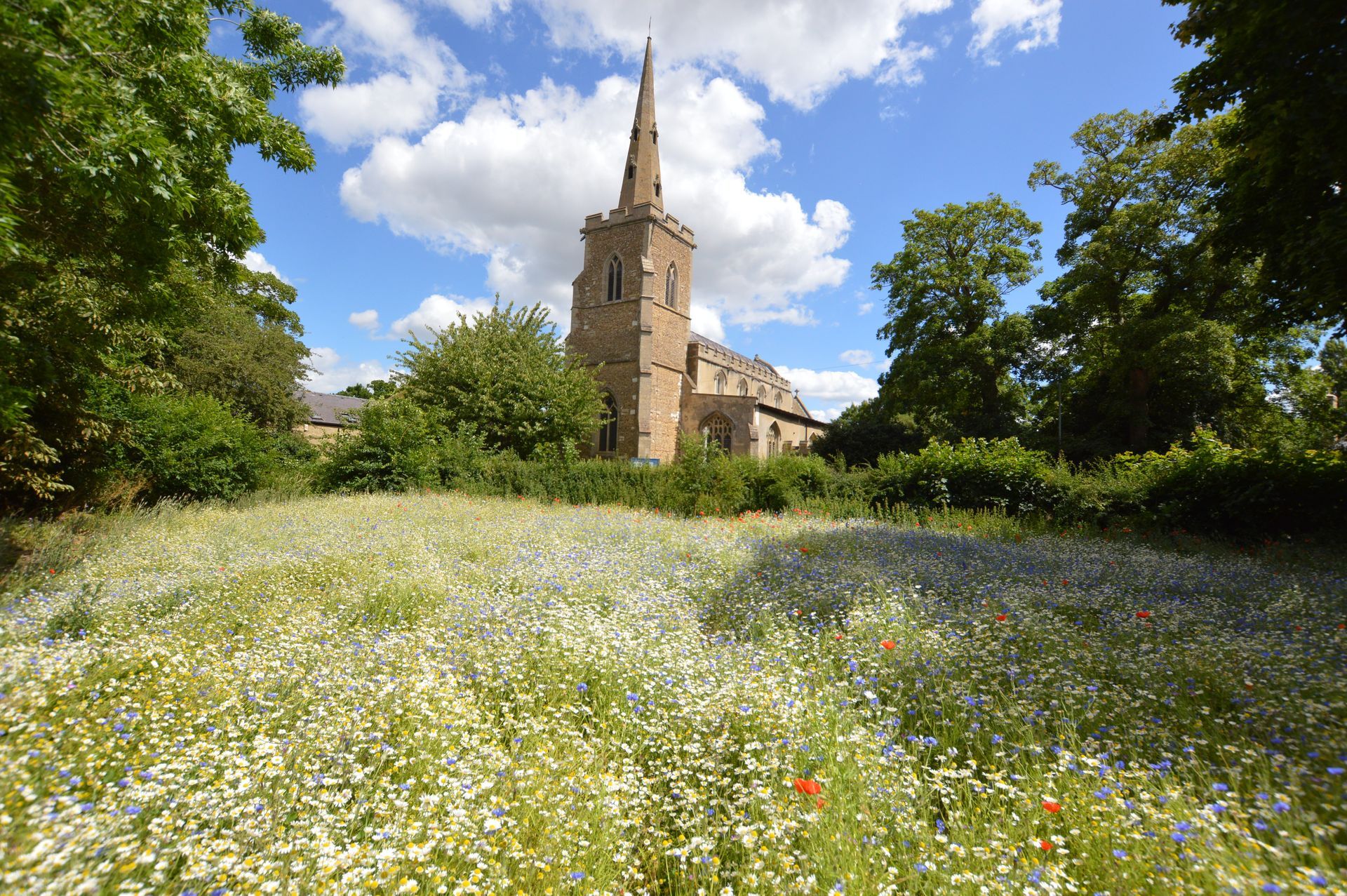
The brief...
The local parish council sought to enhance biodiversity within their parish while increasing forage resources for local wildlife, particularly the swift population that nests in the church spire, visible in the background of the project area. Recognising the importance of supporting these birds, the council made a conscious effort to improve forage availability within the recreation ground, which lies well within the swifts' core sustenance zone. This initiative reflects their commitment to fostering a healthier and more sustainable local ecosystem.
The local swift population has seen a significant increase, thanks to the excellent work of Action for Swifts, whose efforts have contributed to creating safe nesting habitats and raising awareness about the conservation of this iconic species.
The vision...
Before sowing, a soil sample was taken to assess fertility. The results showed high phosphate levels in the soil. To address this, a 10cm layer of topsoil was removed. Cornflower annuals were then sown alongside a calcareous perennial wildflower seed mix, creating a balanced and biodiverse planting scheme.
